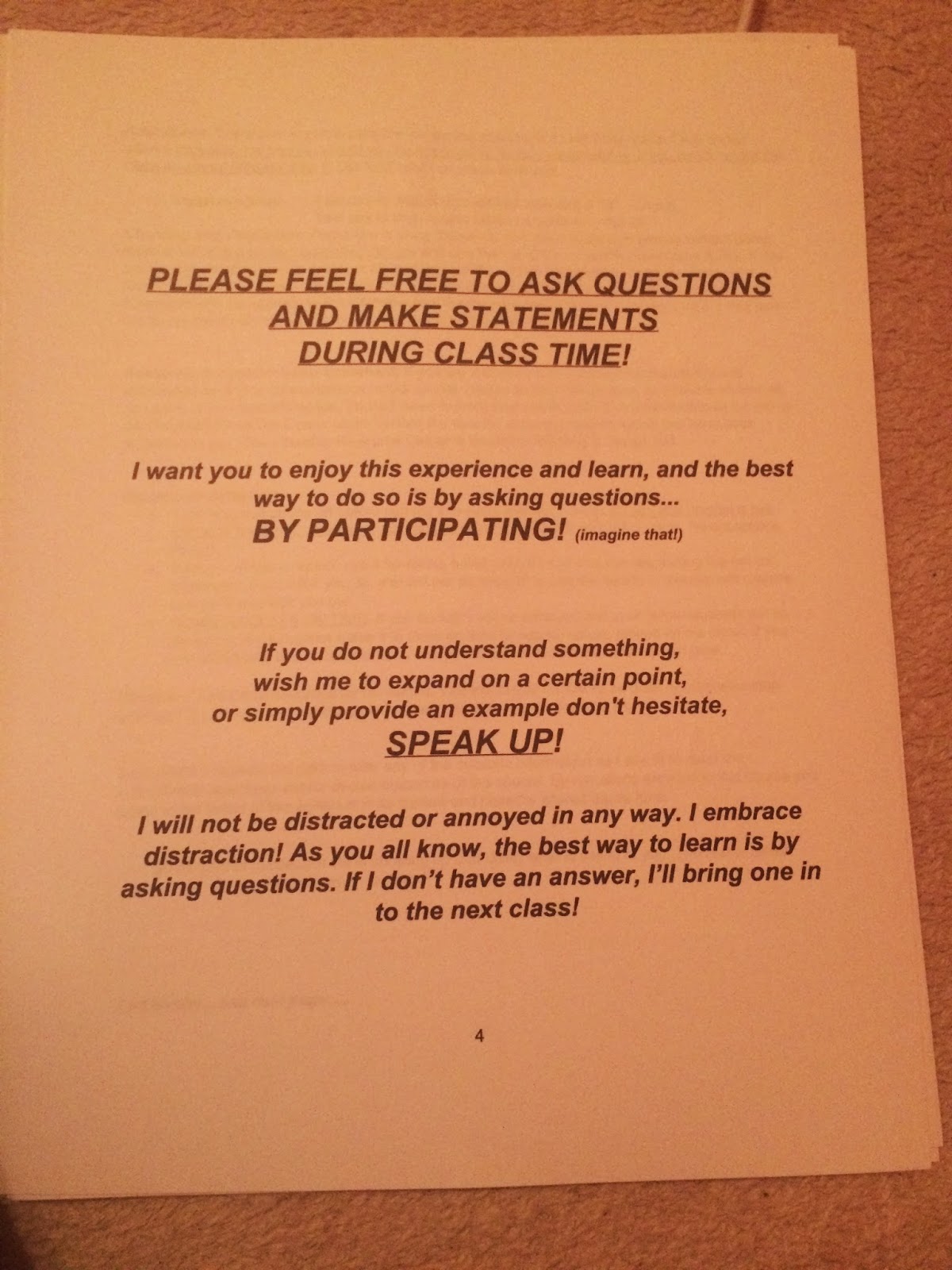Positive Statement
What are you most proud of in your block presentation and/or your senior project?
The aspect of my presentation I was most proud of was the fact that I was able to pull off conducting a small scale experiment on one unexpecting student while the others observed and I was able to explain it after. In the experiment I got Leslie Salazar to conform and say the wrong answer in front of the class just because she hear the other classmates say it. When I finally revealed how I manipulated her answers, I saw the entire class nod their head or say "ohhhh!" when they realized what I did and to have surprised then and impressed them really made me proud. I love the fact that I was able to get such an interested reaction out of them It made me super excited to continue.Questions to Consider
What assessment would you give yourself on your block presentation?
I would give myself an AE because It was evident that I knew everything about my topic and was able to engage everyone in it, Im definitely proud of my performance.On my Overall project, I would give myself an AE because all of my requirements were met and I also went beyond in doing through research and really well on components like presentations for the project.










